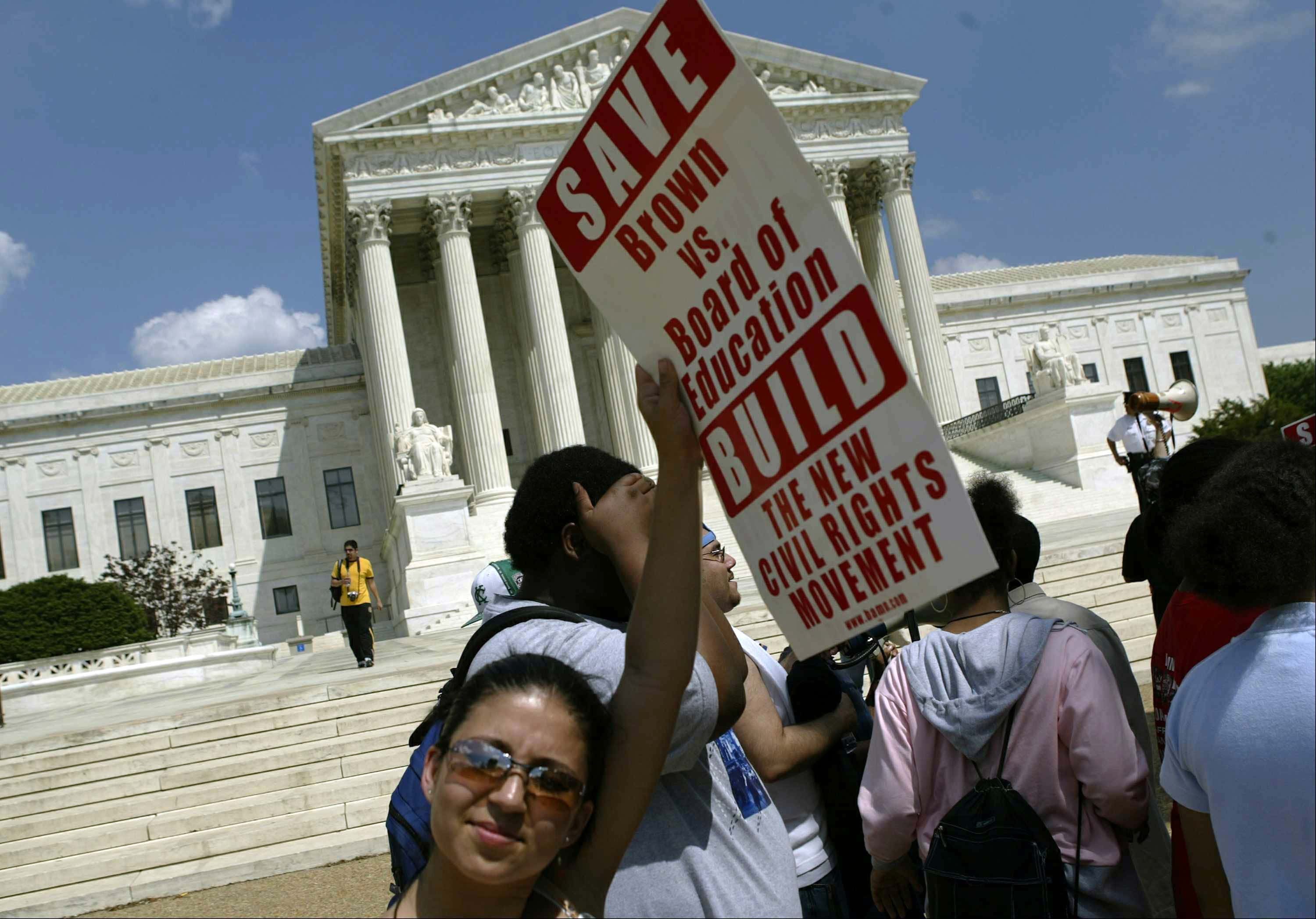Critical race theory: Professor Derrick Bell and the fight for 'true' history

Famous for being one of the first tenured African-American professors at Harvard Law School, Derrick Bell was a popular civil rights activist in the 1970s. While he is best known for his activism at Harvard, Bell is also closely associated with the critical race theory (CRT). In fact, he is considered to be a pioneer in the field.
CRT is currently in the middle of a major culture war in the US. While liberals are promoting its incorporation in the school curriculum, not everyone agrees. Parents have pulled children from school, while some states like Florida and Idaho have banned it outright. It's not just White conservatives, even some Black Americans have slammed CRT for 'dividing children'. But despite those protests, people have gone on to defend CRT, and push for its incorporation.
RELATED ARTICLES
That's not unusual for the theory, which has been constantly battled over since the '70s. But how did it gain momentum to become the center of our political discourse today? To understand that, one has to look closely at the life and work of Bell, who helped pioneer the theory.
Bell's contributions to CRT
The earliest known use of the phrase CRT can be traced back to the 1970s when scholars such as Bell used it to talk about the effects of desegregation. Bell's involvement in the theory can be linked to his 1973 book 'Race, Racism and American Law'. That book and other works published by Bell at the time are widely considered to be the foundations of CRT. At the time, he was using 'Critical Legal Theory' to explain how racism "is coded into legal doctrine and institutions."
Kimberle Crenshaw, a noted civil rights lawyer wrote in 2011, "Bell’s entire body of work encouraged an emerging cohort of critical thinkers to place race at the center of scholarly inquiry, a license that had not yet been granted by the legal academy." According to Bell, values like free-market economics, federalism, and institutional stability were "repositories of racial power".
In the '70s America was struggling with desegregation, which Bell believed wasn't the solution to the injustices of segregation. On the Brown v Board verdict, he noted that "the Fourteenth Amendment alone could not effectively promote racial equality for Black people where such a remedy threatened the superior social status of wealthy White people." He believed that the verdict was given simply because the calls for racial equality converged with the interests of White people. He called this theory "interest convergence", which is closely linked with CRT.

In a 2009 research, a University of Wisconsin student noted that "Bell’s (1980) theory of interest convergence is a critical component within the cogs of CRT." Bell wrote extensively about interest convergence in his highly regarded book, 'Faces at the Bottom of the Well: The Persistence of Racism'. Through those works, Bell noted that many gains made during the civil rights movement were being reversed. That gave rise to one of CRT's most controversial basic tenets — that racism is a fundamental part of American society.
In his 1991 work 'Radical Racism', Bell argued that "people of color ought to abandon the ideal of equality as it is impossible to attain in the United States." Perhaps the most influential work of Bell's is his 1992 fictional short story 'the Space Traders'. One 2016 article noted that "In it, Bell uses a short science-fiction story to argue that people of color are sacrificed to benefit the white majority. Rather than argue that this exploitation ended with the civil rights movement, Bell describes a present in which the majority disavows racism, but is still willing to act in racist way."
Bell becomes the 'Father of CRT'
Such was his prolific contribution to the topic, that Bell has often been dubbed the 'father of critical race theory'. In 2013, noted educator Gloria Ladson-Billings wrote, "Bell is considered the ‘Father of Critical Race Theory,’ perhaps because of his prolific writing on the topic, his instrumental role in educating many cohorts of law scholars who fostered the movement, and the principles by which he lived his life and career."
Through his writings, work, and actions, Bell helped lay the foundation for CRT in academic discourse, before it eventually tricked down to school classrooms, and now our daily life. It wasn't just theoretical, but also in practice. As The New York Times noted in his obituary, Bell "was perhaps better known for resigning from prestigious jobs than for accepting them." In 1990, he took an unpaid leave of absence and vowed not to return until Harvard added a black woman to its tenured faculty. In 1959, he also resigned from the Department of Justice after he was told to give up his NAACP membership.
Of the many things Bell is known for, his bridging of race, the law, and academics through CRT is perhaps his most significant contribution to date. That is why he is still fondly remembered by many as the 'father of critical race theory'. Bell didn't just contribute to it, but gave it shape and direction, to enter America's discourse well before our divisive view of the idea today.










